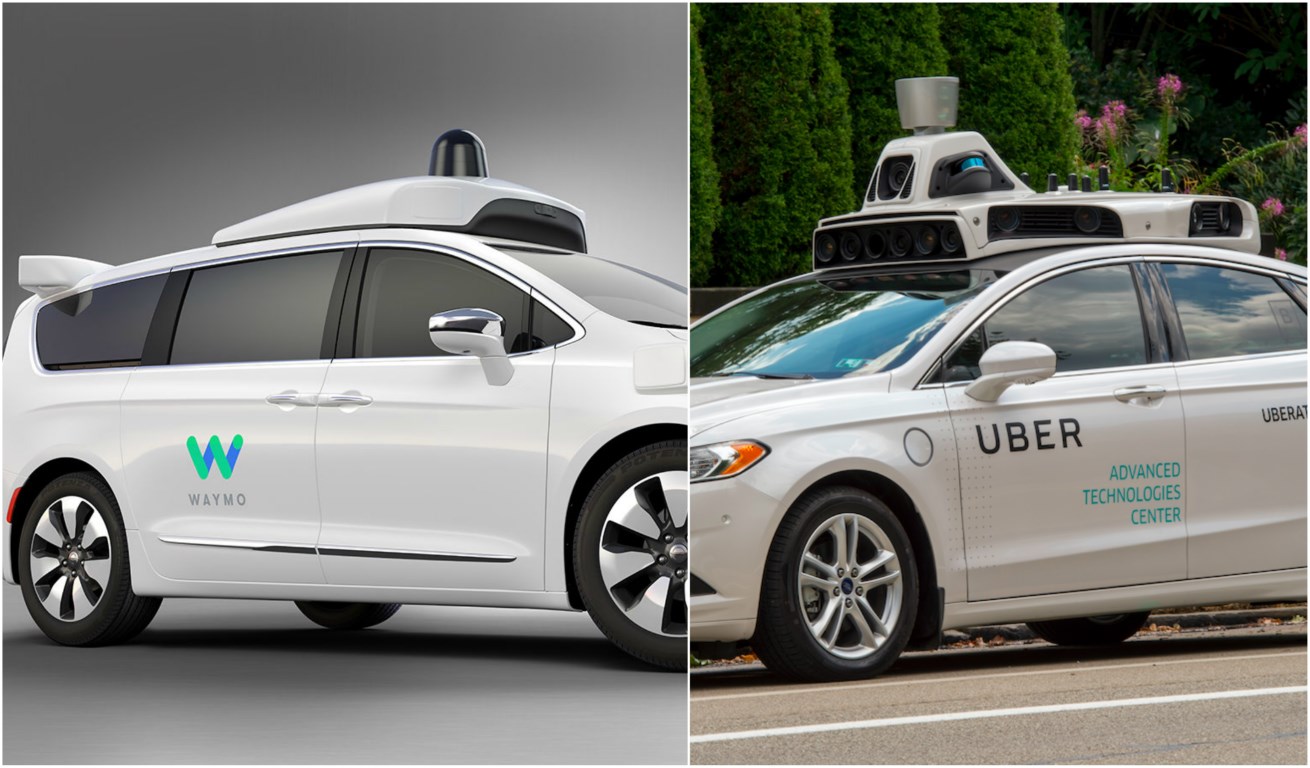Uber, Alphabet settle
February 12, 2018 | Expert Insights

Tech giants Alphabet and Uber, have come to a settlement in their trade secrets lawsuit. The landmark trial had begun a week ago. Uber has agreed to pay Alphabet $245 million and has apologized. Uber has also agreed not to use any of Waymo (Google’s self driving car subsidiary) technology.
Background
In February 2017, Waymo sued Uber over allegations that the latter had stolen trade secrets. Uber has its own self-driving car subsidiary called Otto. In December 2017, further evidence has emerged that Uber allegedly engaged in a range of “unethical and unlawful intelligence collections”. This is based on a legal document that has been published on December 15th, 2017. Uber has been accused of theft of trade secrets, bribery of foreign officials and spying on competitors and politicians.
At the heart of the case is former Google engineer Anthony Levandowski. He is a former Google employee who stands accused of stealing 14,000 files from the company’s servers before he left to launch a self-driving truck startup called Otto that was later acquired by Uber. Waymo has noted that it became privy of Uber’s activity when an Uber employee accidentally copied Waymo in a mail from one of its self-driving tech vendors. Waymo began investigation and concluded that the details in that mail resembled its own Lidar.
During litigation Google acquired another piece of document from a former employee. It is a demand letter filed by the ex-Uber security manager Richard Jacobs. In the letter, he revealed that Uber had employees dedicated to spying on rival companies and that he himself had expressed concern over the tactics being used.
Analysis
On February 2018, the landmark trial case between Uber and Alphabet began. Generally, when two large corporations are involved in legal proceedings, the parties try to reach a settlement before trial. This is done to keep matters private and protect the brand image. However, since the two were unable to reach an agreement, Alphabet began to present its case.
Lawyers representing Waymo compared former Uber CEO Kalanick to Rosie Ruiz – the woman who cheated in the New York City Marathon in 1980. They also presented a harsh email written by Kalanick wherein he demanded a “piece of flesh.”
However, before Uber had to defend itself in the court, the two tech giants announced that they had reached a surprise settlement. Uber has agreed to pay $245 million. A week ago, Waymo had demanded a settlement of $500 million but the offer was rejected. Uber has also agreed not to use any of Waymo (Google’s self-driving car subsidiary) technology.
Uber’s new CEO Dara Khosrowshahi has admitted that Uber could have handled the acquisition of Otto differently. He wrote, “We agree that Uber’s acquisition of Otto could and should have been handled differently. As we change the way we operate and put integrity at the core of every decision we make, we look forward to the great race to build the future. We believe that race should be fair — and one whose ultimate winners are people, cities and our environment.”
Khosrowshahi was appointed as the CEO of the embattled company in August 2017. He has since taken steps to help clear up the company’s tarnished image across the world. Uber’s work environment and its trade practices have increasingly come under scrutiny.
Kalanick has reacted to the settlement through a statement noting, “Our sole objective was to hire the most talented scientists and engineers to help lead the company and our cities to a driverless future.” He added: “As Uber’s statement indicates, no trade secrets ever came to Uber.”
Khosrowshahi however maintained that trade secrets didn’t make their way to Uber. “We do not believe that any trade secrets made their way from Waymo to Uber. Nor do we believe that Uber has used any of Waymo's proprietary information in its self-driving technology, we are taking steps with Waymo to ensure our Lidar and software represents just our good work."
Assessment
As stated in our assessment, the case between Uber and Alphabet could potentially change the working culture of Silicon Valley completely. Employees working in tech companies generally tend to shift from one start-up to another as was the case with Levandowski. Will this make companies more cautious when it comes to poaching talent as it could lead to a trade practices lawsuit?
Additionally, Uber did not come out in favorable light during litigation and trial and this would further hurt the company’s reputation.








Comments